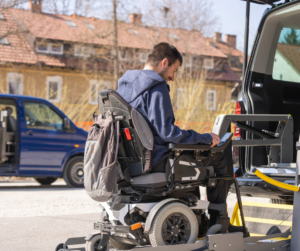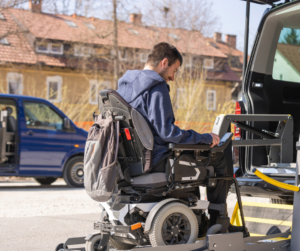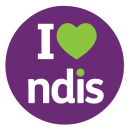Health education plays a pivotal role in fostering inclusivity within the healthcare landscape. As we strive for a more understanding and accommodating healthcare environment, the need for comprehensive health education becomes increasingly evident. In this article, we will explore the profound impact of health education in breaking down stereotypes, reducing stigma, and building a more inclusive healthcare community for individuals with disabilities.
Breaking Down Stereotypes:
One of the primary objectives of inclusive health education is to break down stereotypes associated with disabilities. Often, misconceptions prevail due to lack of awareness. By providing accurate information about various disabilities, their diverse nature, and the capabilities of individuals living with them, health education becomes a powerful tool for dispelling myths and fostering a more accepting society.
Reducing Stigma:
Stigma surrounding disabilities can have significant consequences, impacting the mental and emotional well-being of individuals. Inclusive health education addresses this issue head-on by promoting a better understanding of the challenges faced by those with disabilities. Through educational initiatives, we aim to create empathy, dismantle preconceived notions, and foster an environment of respect and support.
Building a More Inclusive Healthcare Environment:
Education serves as the cornerstone for building a more inclusive healthcare system. By providing healthcare professionals with the knowledge and tools needed to cater to the diverse needs of individuals with disabilities, we empower them to deliver more effective and compassionate care. Inclusive health education ensures that healthcare providers are well-equipped to offer personalized and respectful services to all patients.
Dispelling Myths and Providing Accurate Information:
Misinformation can perpetuate stereotypes and hinder the creation of an inclusive society. Through targeted health education programs, we can dispel myths surrounding disabilities and provide accurate information about various conditions. This not only benefits healthcare professionals but also contributes to a more informed and understanding community at large.
Promoting Accessible Communication:
Inclusive health education extends beyond the dissemination of information; it also emphasizes the importance of accessible communication. This includes providing information in multiple formats, ensuring that individuals with diverse abilities can easily comprehend and access healthcare resources. By promoting inclusive communication practices, we create a healthcare environment that caters to everyone.
Creating Awareness about Available Support Services:
Individuals with disabilities often face unique challenges, and there are numerous support services available to assist them. Inclusive health education aims to raise awareness about these services, ensuring that individuals and their families are informed about the resources they can access. This knowledge empowers them to navigate the healthcare system more effectively and seek the support they need.
Final Thought
In conclusion, inclusive health education is a catalyst for positive change within the healthcare sector. By breaking down stereotypes, reducing stigma, and providing accurate information, we create a more inclusive environment that respects the diversity of individuals with disabilities. Through ongoing education initiatives, we can build a healthcare community that is not only knowledgeable but also empathetic, ensuring that every individual receives the care they deserve.












